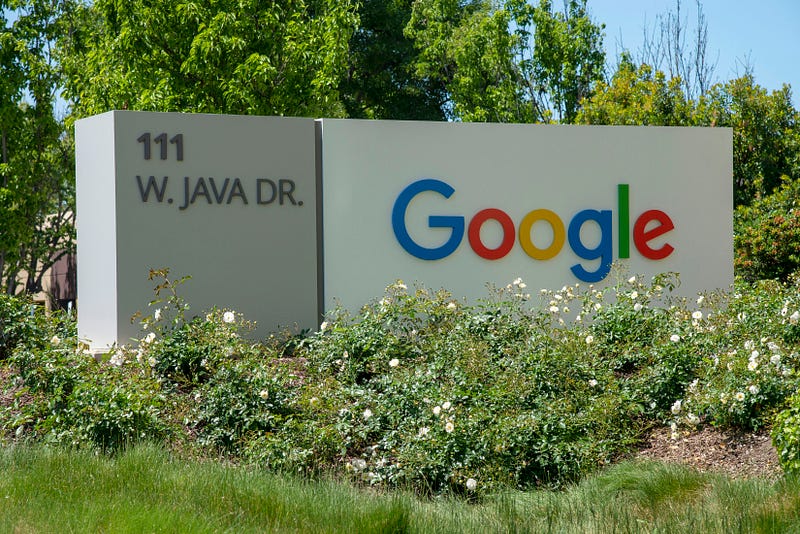# SearchGPT: Why Google Search Isn't in Immediate Danger
Written on
Chapter 1: The Beginning of the Search Wars
The competition for dominance in search technology has officially commenced. OpenAI recently unveiled SearchGPT, marking its inaugural effort at a search engine driven by API technology. This innovation promises users an enhanced search experience, featuring concise summaries, visual responses, and the capability to pose follow-up inquiries.

Section 1.1: Google’s Response to the Challenge
In light of these developments, Google has been feeling the heat. The tech giant hastily introduced Gemini, initially branding it as Bard, in an attempt to safeguard its advertising revenue amidst the rise of AI. Despite some missteps along the way, like the unfortunate "glue on pizza" incident, Google is acutely aware of the competitive landscape evolving before it. While OpenAI's focus on visual responses could potentially distinguish their offering, the ultimate direction of search technology remains uncertain.
Section 1.2: The Consumer’s Readiness
Despite the buzz, consumers aren’t fully prepared for a dramatic transformation in search engines. The collective desire for what search engines should deliver is still unclear.
Current Search Engines: A Historical Perspective
Legacy search engines primarily addressed the challenges of retrieving and organizing data. They effectively presented users with answers to poorly structured information, a service that has generally met user satisfaction, allowing Google to maintain its leading position in the field.
AI Solutions on the Horizon
As we consider the future where AI could summarize vast amounts of information, we must ask: What problem are we actually solving? There has been little demand for AI-generated summaries of information that users are expected to accept without scrutiny.
Chapter 2: Rethinking the Future of Search
Instead of merely refining current search methodologies, shouldn’t we be exploring innovative uses of AI? For instance, technology that can automatically generate a shopping list based on individual preferences or suggest recipes using leftover ingredients could significantly enhance user experience.
By focusing on data input rather than just output, we could mitigate issues like "hallucinations" in AI responses and better address the actual needs of users.
Conclusion: Google’s Position
While Google remains vigilant in the face of OpenAI’s latest prototype, it should keep its sights set beyond just this singular challenge. The fundamental dynamics of search haven't shifted enough to dethrone Google as the leader in this arena, but that reality may soon change.
About the Author
The Secret Developer, a seasoned software engineer, can be followed on Twitter @TheSDeveloper and frequently shares insights on Medium.com. Despite the rise of alternatives, The Secret Developer continues to rely on Google Search, although they have opted out of using Google Chat.